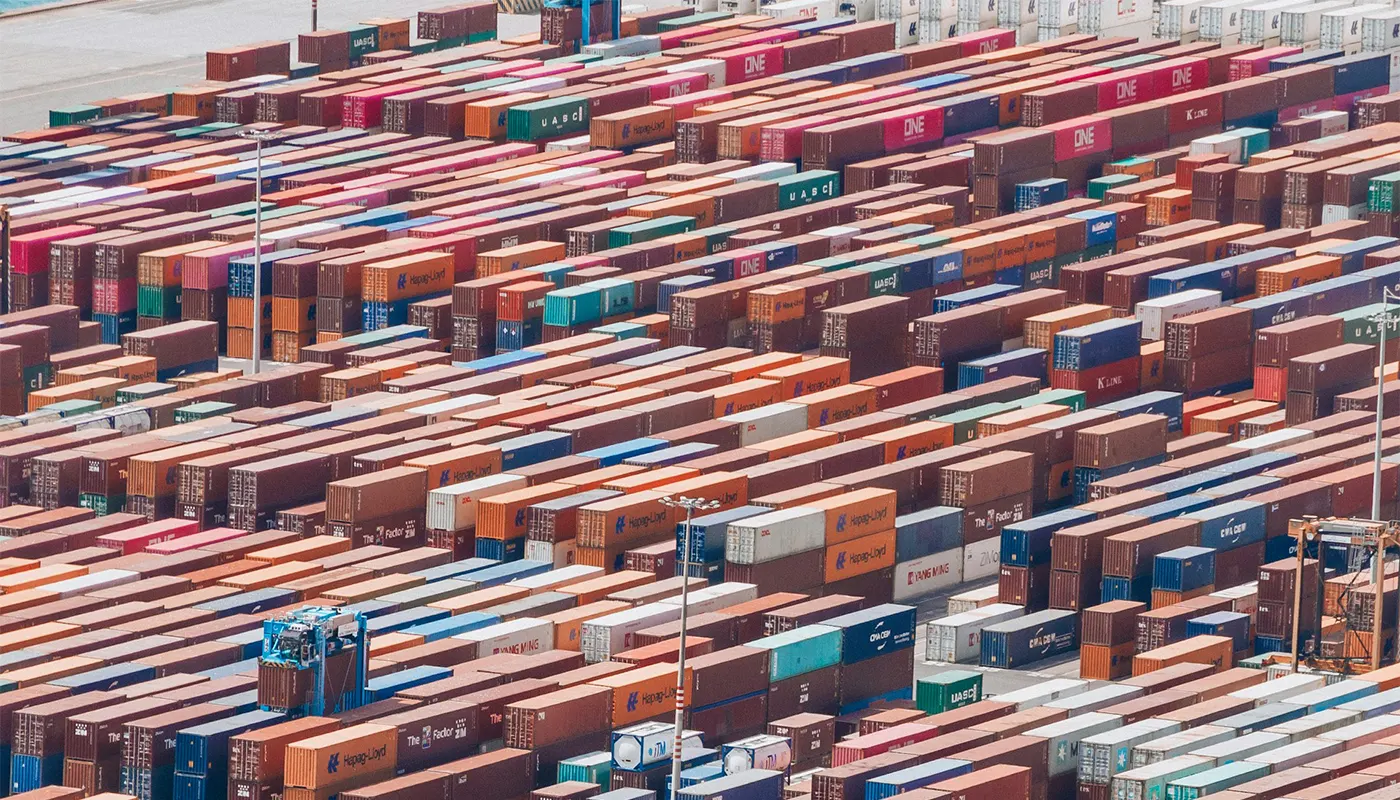WASHINGTON — U.S. President Donald Trump to terminate “De Minimis” Duty‑Free Rule for Low‑Value imports.
The United States has announced the termination of the de minimis exemption—which currently allows shipments valued at $800 or less to enter the country tariff‑free—effective August 29, 2025, according to a new executive order signed by President Donald Trump.
Under the new rules:
All commercial imports under $800, excluding those sent via international postal networks, will now incur all applicable U.S. tariffs starting August 29.
Postal shipments will undergo a six‑month transition period during which each package will face either:
- a flat fee of $80, $160, or $200 depending on the country’s tariff band, or
- an ad valorem charge matching the effective tariff rate tied to the item’s origin.
After six months, the policy will fully convert to ad valorem duties based on standard tariffs.
Why It Matters
Massive volume of parcels affected: U.S. Customs and Border Protection handles over 4 million daily packages under the de minimis rule. Annual import volume has surged from 134 million in 2015 to 1.36 billion in 2024—mostly from low-cost e‑commerce platforms like Shein and Temu.
Consumer and retail impact: These platforms will now face import duties on even the cheapest goods, likely leading to higher consumer prices, longer shipping times, and reduced competitiveness compared to domestic retailers.
Logistical fallout: Shares of FedEx, UPS, DHL, and online retail firms such as Amazon, Temu, Shein, and Etsy fell between 1–4% upon the announcement, as markets braced for declining parcel volume and increased customs complexity.
Government Justification & Policy Backdrop
The White House frames the move as a necessary step to close a “catastrophic loophole” tied to tariff evasion, drug smuggling, and undeclared shipments.
The closure accelerates provisions in the One Big Beautiful Bill Act, which sets a global end-date of July 1, 2027, but the executive order implements it earlier to counter what it cites as national security and economic emergencies.
Implications for Stakeholders
E‑commerce importers must adjust to increased costs, customs filing, potential delays, and bond requirements for low-value goods entry.
Logistics carriers and brokers will face elevated regulatory burdens and operational shifts under the Automated Commercial Environment (ACE) system.
Consumer prices on international purchases—especially from Asia-based platforms—are expected to rise sharply as tariff savings vanish.
Source: Local News Agencies




